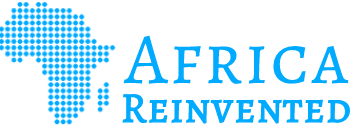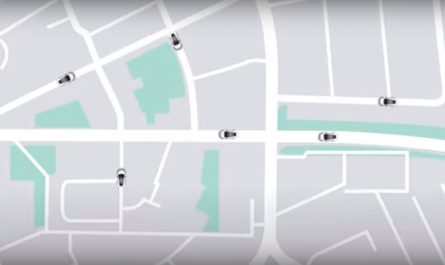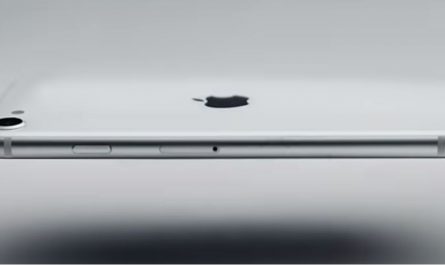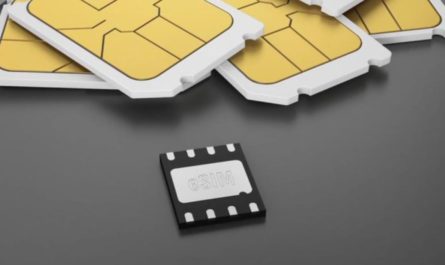The tech industry in Nigeria is dominated by men like the National Bureau of Statistics show. Women only constitute 22% of engineering and technology university graduates in Nigeria according to the data. That is hopefully going to change with MasterCard Girls4Tech program now in Nigeria.
The Girls4Tech is a Science, Technology, Engineering and Mathematics (STEM) auditory program by MasterCard. For its first year in Nigeria, 60 girls from the Holy Child College in Lagos were engaged in the program.
They were aged between nine and 12. The programme covered topics like AI, data analysis, encryption, fraud detection, digital convergence and cybersecurity. Also incorporated in the programme is extensive expertise in the payment technologies and innovation of MasterCard.
There was a set of mentors at the first Girls4Tech program in Nigeria, embodied by MasterCard employees. They helped conduct practical activities during the program. Steering the girls towards science and technology as well as encouraging them to seek careers in tech is among the aims of the program.
With an emphasis on collaborative, creative and communication skills, the girls are being empowered to be able to apply technical knowledge to solve real-world challenges.
Read Also: African Tech Summit Kigali
Girls4Tech was first initiated in the US in 2014 and it has now reached 28 countries. They have tended to at least 500,000 girls in these countries.
An extension of the programme, Girls4Tech 2.0 accommodates girls of ages 13-16. Girls of 8-10 also get a 20-week coding program.
Follow us on Facebook and Twitter and send us stories on contact@africareinvented.com
Join us in reinventing Africa if you are an SME, an entrepreneur or a start-up in Africa. Contact us here to tell us your story.











